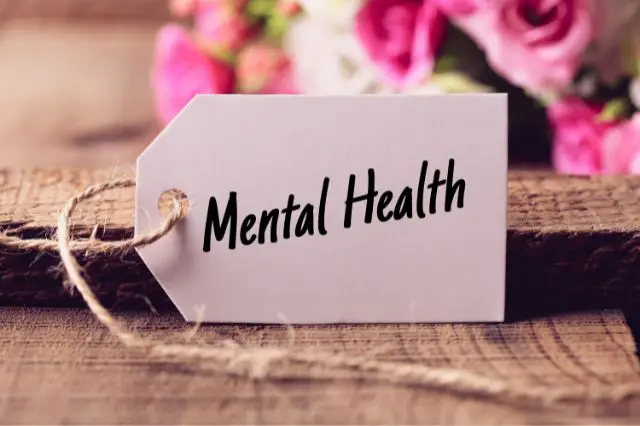Mental Health & The Shortage of Professional Help

Mental health is an issue that affects everyone, nobody is immune. It’s not something that can be judged just by looking at someone and it affects those from every nation, creed and color.
In some cases, we can see that marginalized communities can face increased challenges when it comes to accessing care and support for their mental health. Especially as we face a national shortage of mental health professionals, it would then lead to certain communities being even more affected.
It’s a conversation that’s not going away, especially with more than 70% of Americans seeing themselves requiring additional mental health help from a professional in recent years, according to a survey by Assurance.
Mental Health and Marginalized Communities
We know that studies have shown that discrimination and racism can have long-term negative effects on mental health, including increased rates of depression and anxiety. Additionally, members of the LGBTQ+ community may face discrimination and stigma, which can also impact their mental health.
Another reason why marginalized communities may struggle to access mental health care would be systemic barriers. Individuals who live in poverty may have difficulty accessing care due to financial constraints, time off or lack of access to transportation. Immigrants and refugees may face language barriers, which can prevent them from seeking care. Individuals with disabilities may face physical barriers that make it difficult to access care.
Unfortunately, the stigma surrounding mental health care can also be a barrier for marginalized communities. Some cultures may view mental illness as a sign of weakness or a personal failing, which can prevent individuals from seeking help. Additionally, the mistrust of the medical system that exists in some communities, particularly those that have experienced systemic discrimination, can also make it difficult to access care.
Despite these challenges, there are resources and support available.. One resource that can be particularly helpful is community-based mental health care. This approach involves providing mental health care within a community setting, such as a community center or place of worship.
By providing care within a familiar and trusted setting, community-based mental health care can help to reduce the stigma surrounding mental health care and improve access for marginalized communities.
Another important resource is peer support. Peer support involves connecting individuals with others who have had similar experiences and can offer support and encouragement. This approach can be particularly effective for individuals who may not feel comfortable seeking help from traditional mental health care providers. Peer support can take many forms, including support groups, mentorship programs, and online communities.
Mental Health Self-Care
There are also things we can do as individuals to prioritize mental health self-care:
- Focusing on sleep, both quantity and quality
- Regular exercise, find some great tips here
- Spending more time outdoors, getting fresh air and sunlight
- Practicing mindfulness and creating meditation practice
- Exploring new hobbies and activities
- Building connections within your community
Building Community
This particular tip can make a huge impact. Reaching out to friends and family to start, but also getting involved in your community gives you the opportunity to meet new people. Slowly, you will begin to build your own support system which can help reduce feelings of isolation and loneliness – two of the top contributors to poor mental health.
Resources
For more information and resources on mental health and marginalized communities, the
National Alliance on Mental Illness (NAMI) is a fantastic resource. NAMI is a nonprofit organization that provides education, advocacy, and support for individuals with mental health conditions and their families. NAMI has specific resources and initiatives aimed at supporting marginalized communities, including the Black, Indigenous, and People of Color (BIPOC) and LGBTQ+ communities.
Mental Health America (MHA) is another really great resource as a leading national nonprofit organization dedicated to promoting mental health and preventing mental illness. MHA provides a range of resources and programs aimed at promoting mental health for all individuals, including those from marginalized communities. MHA also offers a screening tool to help individuals assess their own mental health and find resources for support.
By taking steps to promote mental health and increase access to care and support, we can help to ensure that all individuals have the opportunity to thrive and live fulfilling lives. Let’s eliminate the stigma surrounding mental health care and create a more equitable and inclusive society for everyone.




